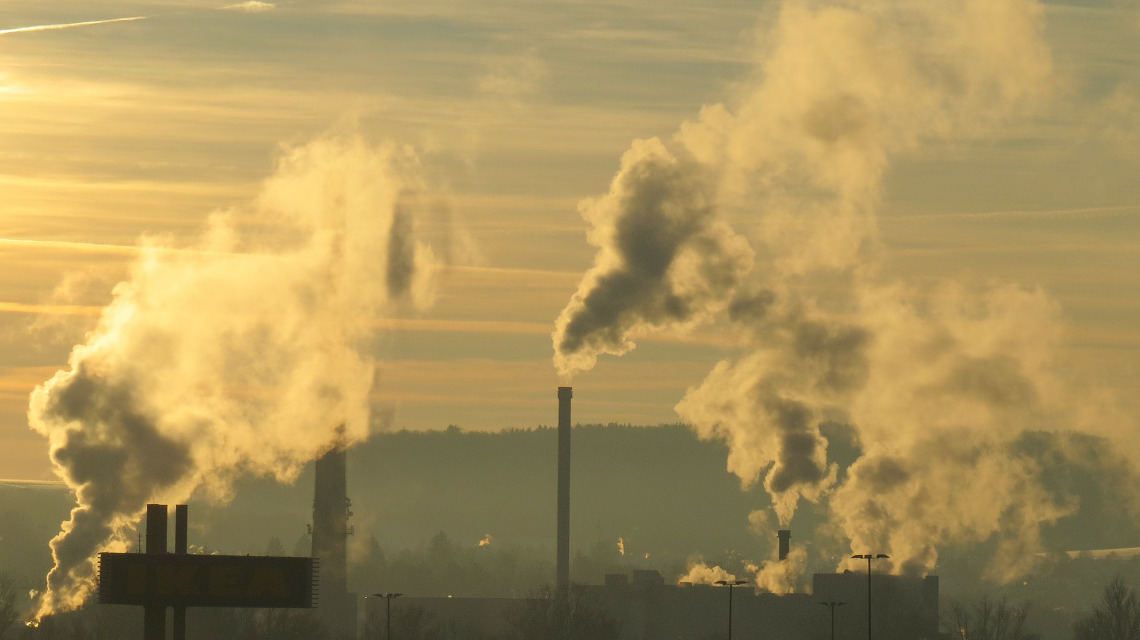Enzymes turn greenhouse gas into feedstock
Munich biotechnologists have developed a highly efficient method to extract large amounts of the amino acid methionine from climate-damaging CO2.

Methionine is an essential amino acid which is used on a large scale in animal feed. It is currently being manufactured from petrochemical source materials, in a process that uses highly toxic hydrogen cyanide. In 2013, Evonik Industries, one of the world's largest producers of methionine, invited university researchers to propose new processes for making the substance safer to produce. Now, researchers at the Technical University Munich (TUM) have developed an enzymatic process that extracts methionine from the greenhouse gas carbon dioxide (CO2). The scientists published their findings in the journal Nature Catalysis.
More efficient than photosynthesis
“Based on the idea that methionine in microorganisms is degraded by enzymes to methional with the release of CO2, we tried to reverse this process, because every chemical reaction is in principle reversible, while often only with the extensive use of energy and pressure,” explains Arne Skerra from the Department of Biological Chemistry. With this approach, Skerra participated in Evonik’s call for proposals and the specialty chemicals company awarded the concept and supported the project. They optimised the process to a yield of 40%, making it more efficient than photosynthesis. “Compared to the complex photosynthesis, in which nature also biocatalytically incorporates CO2 into biomolecules as a building block, our process is highly elegant and simple,” reports Skerra. “Photosynthesis uses 14 enzymes and has a yield of only 20%, while our method requires just two enzymes.”
Breakthrough in industrial CO2 usage
TUM has called the biotechnological manufacturing process a “breakthrough in industrial CO2 usage”. If successful on a large scale, the method could be the first to use gaseous CO2 as an immediate chemical precursor. Up to now, attempts to recycle the greenhouse gas, which is a major contributor to climate change, have failed due to the extremely high energy required to do so.


